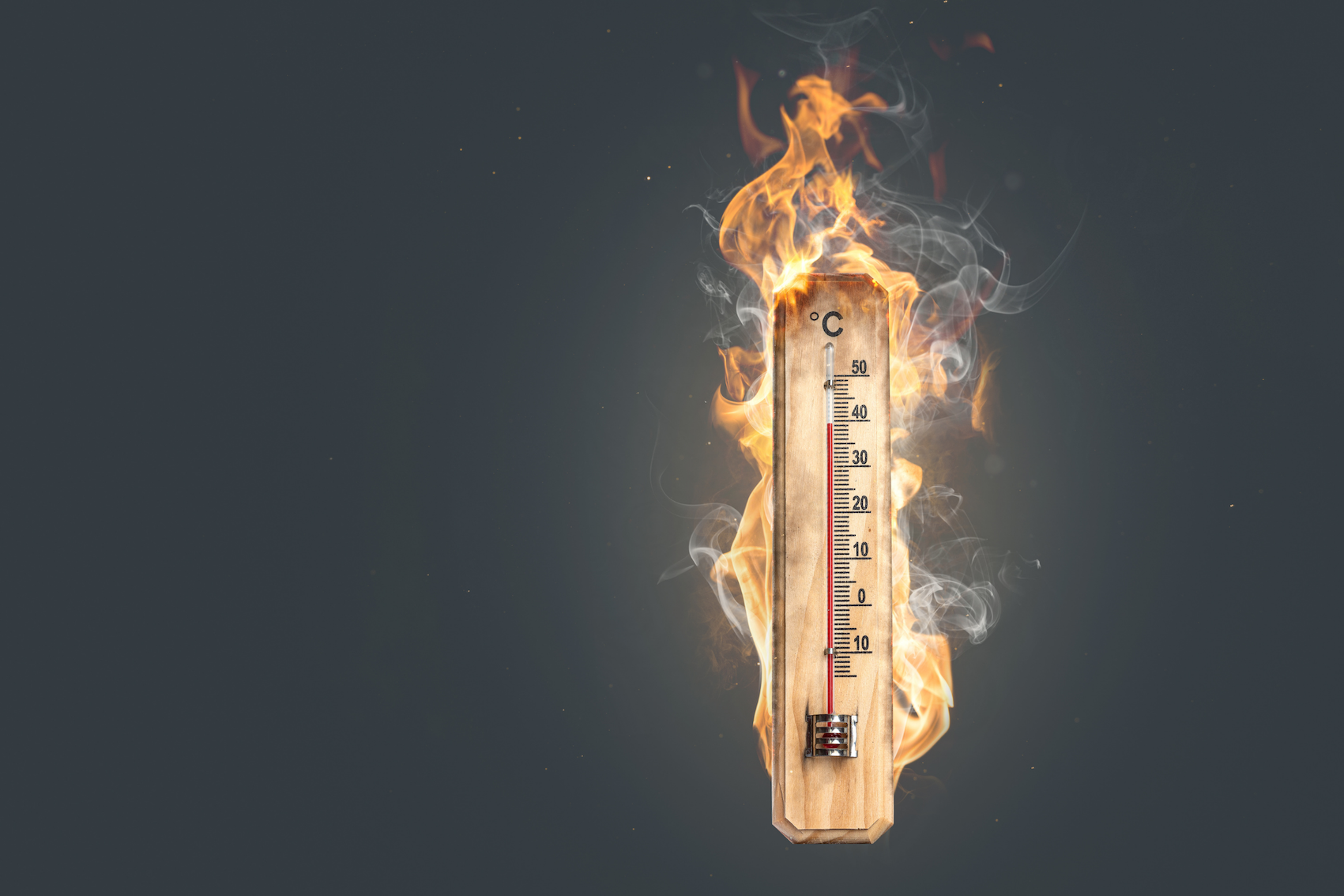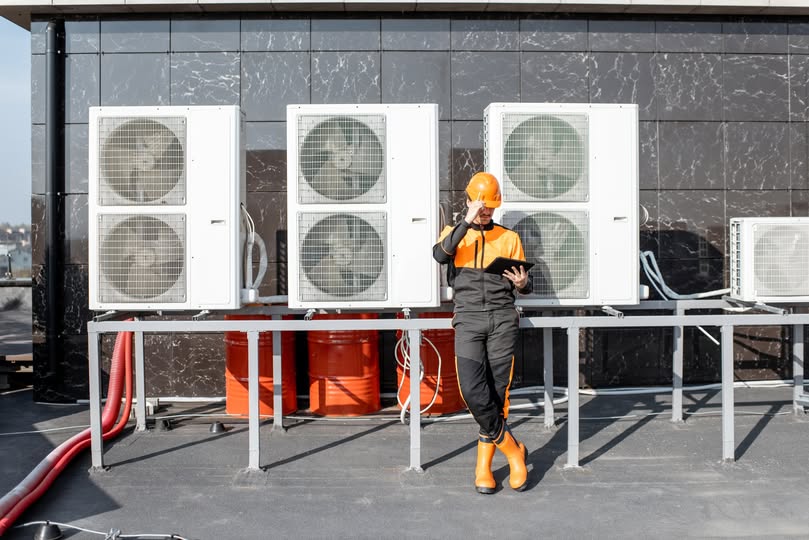The short answer is yes, your can boiler overheat. A boiler overheating is not unusual. However, this does not mean that you should ignore it since it can lead to severe problems like causing damage to other parts of the unit. In order to prevent such an occurrence, contact A-Plus Quality for boiler maintenance in the Greater Toronto Area if you notice the warning signs of an overheating boiler.
Causes of Overheating in Boilers
There are a variety of causes that lead to overheating of boilers. Luckily, at A-Plus Quality we offer boiler maintenance the Greater Toronto Area and surrounding regions to help prevent the causes of overheating. Here are some common causes of an overheating boiler:
1. High-Pressure
High pressure in the boiler acts as the primary cause of overheating. Usually, the high pressure might be a result of other malfunctions in the unit. The best way to solve this problem is to either relieve the pressure from the boiler or find and correct the malfunction causing the increase in pressure.
2. Failed Thermistor
In other cases, a boiler may overheat as a result from a failed thermistor. A thermistor's main task is to inform the PBC whether the temperature demand is less or more than the production. Therefore, when it fails, more fuel is provided. This causes the water to become too hot, leading to the boiler overheating.
3. Blockages
When a boiler overheats, it may be a result of blockages caused by central heating sludge. The central heating sludge typically forms inside the valves, radiators, and pipes and may clog the entire system. This clogging leads to back pressure. Overheating might also result from condensate blockages, which occur when the condensate pipes freeze due to cold weather.
4. Overheated pump
On some occasions overheating of the boiler might emanate from an overheated pump. Pumps must remain warm instead of hot. If a pump becomes too hot, it might lead to a seizure of the internal components and cause the boiler to overheat. The solution to this problem is to contact A-Plus Quality for boiler maintenance, or boiler repair in the Greater Toronto Area, for a professional replacement of the pump.
5. Limescale on the Heat Exchanger
Limescale forms in areas with water and is common in places containing hard water. As this limescale builds up on the heat exchanger, it may create several hotspots. These hotspots spike the temperature of the water leading to an overheated boiler.
If you have noticed any signs that your boiler is over heating, A-Plus Quality can send over one of our certified technicians to inspect the issue and provide boiler maintenance or boiler repair in the Greater Toronto Area and surrounding regions. Contact us today to schedule an appointment.



